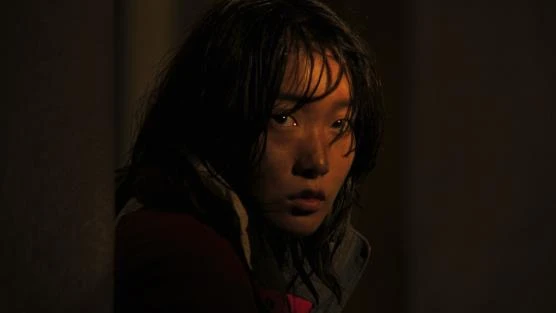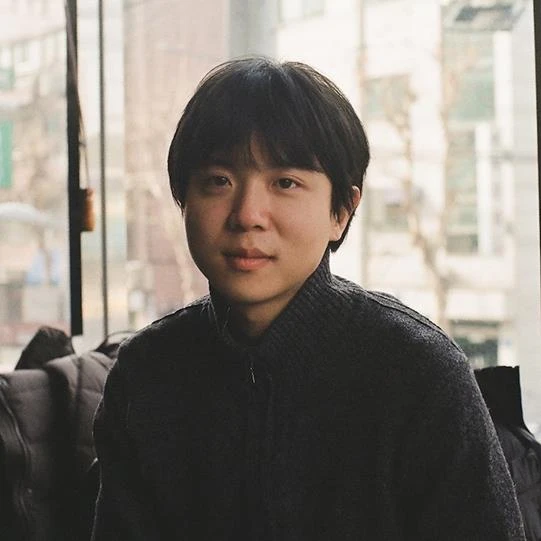Ajyal Feature Film Competition
After war and ecological collapse, a society hunts mutated outcasts known as Omegas for cheap labour. Hiding in a gloomy indoor fishing store that sells nostalgia as entertainment, one Omega keeps her head down until a newly recruited state worker notices small anomalies and starts to look closer. Doubt enters duty; faith in the system falters. Told with textured, rough-hewn imagery and a feel for hesitation and fear, the story asks how collective panic reshapes ordinary lives and who pays the price.
After war and ecological collapse, a society hunts mutated outcasts known as Omegas for cheap labour. Hiding in a gloomy indoor fishing store that sells nostalgia as entertainment, one Omega keeps her head down until a newly recruited state worker notices small anomalies and starts to look closer. Doubt enters duty; faith in the system falters. Told with textured, rough-hewn imagery and a feel for hesitation and fear, the story asks how collective panic reshapes ordinary lives and who pays the price.
▶ Watch Trailer
In a post-war, ecologically ruined Korea, a new social order classifies “Omegas”, mutated outcasts, who are tracked, captured and exploited as disposable labour. One of them, living under false calm, works at an eerie indoor fishing store, a melancholy replica of the sea where city dwellers buy the illusion of escape. When a young civil servant notices inconsistencies in the Omega’s routine, curiosity becomes pursuit, and the pillars of doctrine begin to wobble. The film’s tension is less about chase than about a mind unlearning certainty. Made with a taste for texture over polish, the story slowly unfurls into a study of fear, grief and helplessness when systems fail and rituals disappear.
The city’s pageantry slowly recedes, and what remains are rooms, faces, and the unnerving calm of simulated nature. Even the fishing store, once a modest substitute for the ocean, appears as a symptom: a bright façade over an emptiness too persistent to cover. Rejecting easy heroics, the film asks what is forgotten in the rush forward and what mutates when buried. As suspicion and empathy pull the civil servant in opposite directions, the narrative traces the thin line between order and complicity, survival and surrender.
In a post-war, ecologically ruined Korea, a new social order classifies “Omegas”, mutated outcasts, who are tracked, captured and exploited as disposable labour. One of them, living under false calm, works at an eerie indoor fishing store, a melancholy replica of the sea where city dwellers buy the illusion of escape. When a young civil servant notices inconsistencies in the Omega’s routine, curiosity becomes pursuit, and the pillars of doctrine begin to wobble. The film’s tension is less about chase than about a mind unlearning certainty. Made with a taste for texture over polish, the story slowly unfurls into a study of fear, grief and helplessness when systems fail and rituals disappear.
The city’s pageantry slowly recedes, and what remains are rooms, faces, and the unnerving calm of simulated nature. Even the fishing store, once a modest substitute for the ocean, appears as a symptom: a bright façade over an emptiness too persistent to cover. Rejecting easy heroics, the film asks what is forgotten in the rush forward and what mutates when buried. As suspicion and empathy pull the civil servant in opposite directions, the narrative traces the thin line between order and complicity, survival and surrender.

